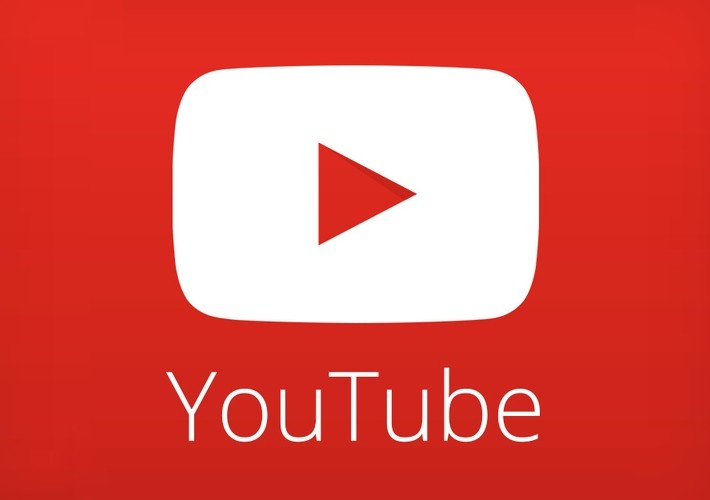YouTube made some new policies public to its creators on Aug. 31 in regards to what kind of content is allowed on YouTube. The media giant claims these new policies will allow for the dissemination of content appropriate for all ages.
The YouTube community, from creators to viewers, are not taking the updates too kindly, though.
The ad-friendly content guidelines are up and public for everyone to see. What YouTube considers to be inappropriate content includes, but is not limited to:
Sexually suggestive content, including partial nudity and sexual humor; violence, including the display of injury or an event of violent extremism; inappropriate language, including harassment and profanity; promotion of drugs or substances, including selling, usage and abuse; and controversial subjects and events, including war, politics, natural disasters and tragedies, even if graphics aren’t shown.
RELATED: The explosive rise and steady fall of Pokémon Go
Essentially, if YouTube deems that a video is inappropriate based off the content listed, it reserves the right to revoke monetization from ad revenue. Some of these policies are already known to many YouTube users who discovered the updates by losing monetization on their videos.
YouTube has commented that these guidelines are just for making its policies more clear, but is also seems to be refusing to make any further comments in regards to its ad-friendly content guidelines. The demonetized content listed as inappropriate is a majority of what good YouTube content is, so it doesn’t make sense that YouTube is deciding to demonetize such an important base of contributors.
While it makes sense for some of the content listed to be inappropriate, the fact that YouTube also plans to demonetize videos that have controversial topics doesn’t make sense. That would mean channels that focus on recent events and news would be taking a hit from YouTube’s ad-friendly content guidelines. Think of channels similar to The Young Turks, a channel notorious for their liberal views on controversial events and politics.
Does YouTube not want its viewers to continue using the website to educate themselves?
I tend to follow several YouTubers at any given time on Twitter. What I’ve noticed is that the smaller channels, the ones that haven’t hit a million subscribers, are the ones expressing the most outrage regarding Youtube’s ad-friendly content policies.
Channels such as Einshine and The Anime Man have said that they’ve been forced to start making serious changes, including changing content and taking on a second job because of the lost sources of income from YouTube.
That brings up another question: is YouTube being biased with which types of content it is demonetizing? Are the big channels being affected at all?
Almost every single YouTuber I follow has made at least one comment on this new policy change, ranging from indifference to rampant concern for their channel’s new standing.
It’s understandable that big channels are not affected as much as other channels, as they are probably important revenue generators for YouTube itself. If they have been successful, chances are they can also find a means to gaining revenue other than viewership, such as selling their own merchandise.
Video blogger Philip DeFranco addressed the uproar on YouTube’s ad-friendly policy, when he mentioned that videos were being demonetized without notification to creators even though they didn’t fall under what was inappropriate according to YouTube. The whole ordeal became seemingly much more unfair.
I’ve been using Youtube as a viewer since I was probably 13 years old.
Things were more simplistic back when all people cared about were animated music videos and skits. Now with YouTubers following the trends of other YouTubers, there’s suddenly a concern for what content is being shown on a website that thrives off diverse content. It seems like YouTube is making these changes not for the sake of censorship or providing content appropriate for the viewer, but for the sake of business.
Seeing people questioning whether or not they can make a living doing what they love on YouTube is hard for me to think about. Many YouTubers, while their primary objective is to either inform or entertain, truly enjoy what they do and viewers love to watch what they do.
YouTube is losing its appeal now that much of its content is suppressed by demonetization. We can only hope that YouTube reconsiders its policy changes after hearing this uproar.
Follow Annetta Nit on Twitter.









